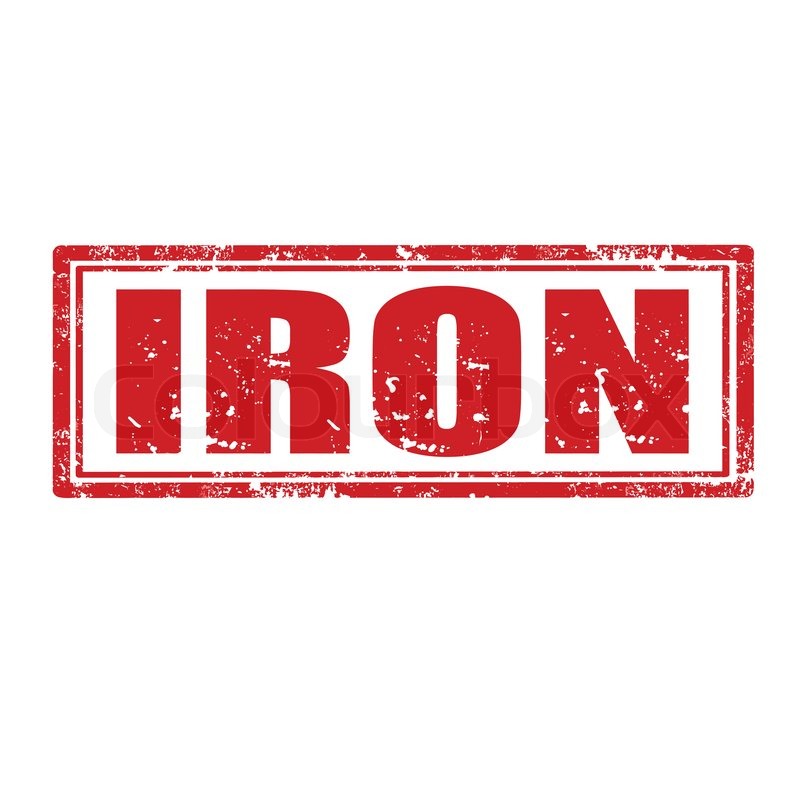Anemia
Anemia is defined as a condition in which hemoglobin or red blood cells are low. It is known scientifically that hemoglobin in red blood cells is responsible for carrying oxygen and transferring it to different body cells. There are several types of anemia, but the most common is anemia due to Iron deficiency. Anemia occurs here because there is not enough iron in the blood, which is needed by red blood cells in the manufacture of hemoglobin, and in this article we will talk about the causes of anemia due to iron deficiency and the symptoms of infection and ways to treat iron deficiency.
Causes of iron deficiency

There are several reasons behind iron deficiency in the body, and in general the incidence of iron deficiency in girls is higher than males, especially in adolescence and menstrual period, and causes of iron deficiency:
- Blood loss or bleeding: Blood contains iron. When blood is lost, iron will be lost with it. Therefore, because of menstruation, women periodically lose blood, making them more prone to iron deficiency.
- Chronic slow blood loss in the body: A stomach ulcer, colon cancer or gastrointestinal bleeding can cause anemia due to iron deficiency.
- Malnutrition and lack of iron in the diet: The body depends on food to get iron.
- Poor iron absorption: The patient may eat foods rich in iron, but because of gastrointestinal disorders he can’t absorb the iron which leads to iron deficiency.
Symptoms of iron deficiency
There are many symptoms that appear on the patient in the case of iron deficiency and most notably:
- General fatigue and a sense of permanent tiredness.
- Pale skin.
- Feeling shortness of breath.
- Rapid heartbeat and often irregular.
- Desire to eat strange things like snow and dirt.
- The nails become brittle and the hair falls off.
- The limps are always cool.
Treatment of iron deficiency

Immediately treat iron deficiency after diagnosis to avoid complications. Iron deficiency can be treated as follows:
- Iron supplements
Iron supplements are available in several forms, including liquid, which are prescribed for children and in the form of tablets. The doctor determines the appropriate dose depending on the age of the patient and the strength of his blood and the degree of iron decrease. To get the most benefit there are several tips to follow when taking iron supplements,
- The tablets are taken on an empty stomach as much as possible, and if symptoms such as nausea and vomiting occur, it is OK to be taken with food.
- Iron supplements are not taken with antacids, as it can interfere with iron absorption.
- Taking iron tablets with vitamin C, it helps to increase iron absorption.
A balanced diet
Food is the basis, and reflected negatively or positively on the health of the person, and to treat the lack of iron you must have foods rich in iron in the diet, most notably:
- Red meat.
- Dark leafy vegetables.
- Dried fruits.
- Seafood such as fish and oysters.
- Red and green peppers.
Cure the underlying cause
For example, when the cause is intestinal bleeding, a solution must be found. If the cause is poor absorption, appropriate treatment should be taken.



